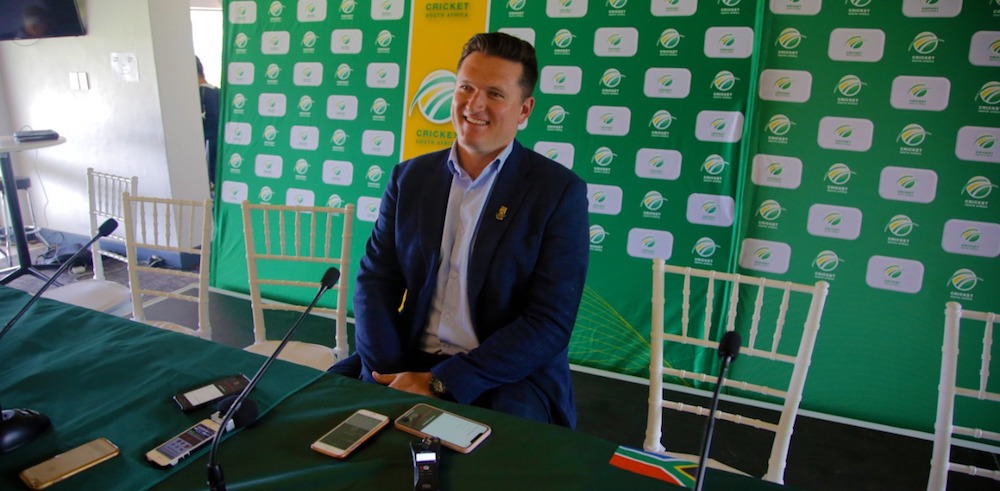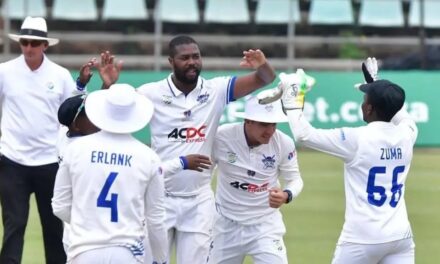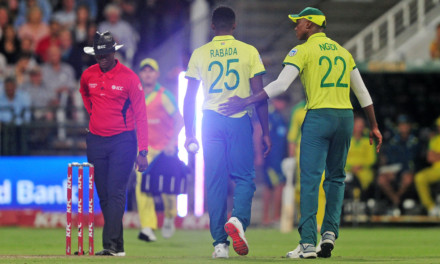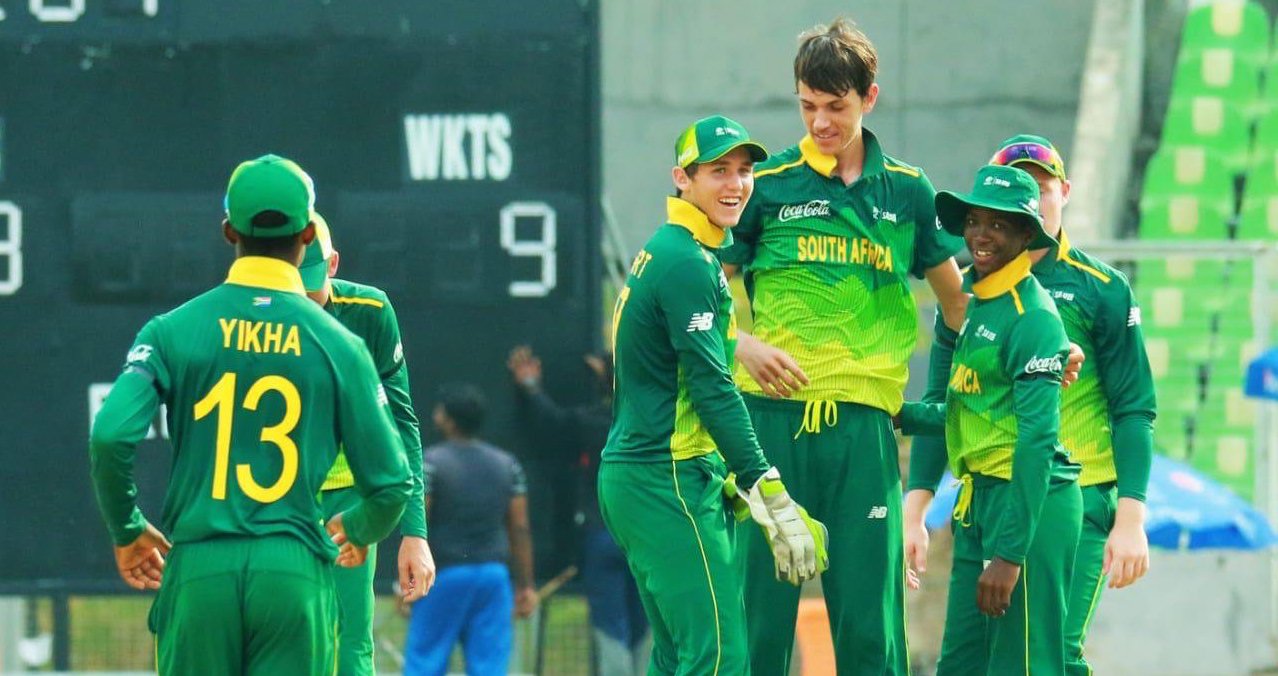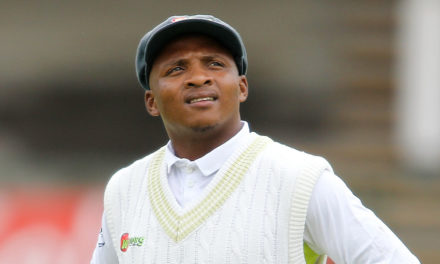Director of Cricket, Graeme Smith, has reiterated his commitment to Cricket South Africa (CSA) and also moved to clarify some of the recent questions that had been raised about his appointment.
Addressing the media during a specially arranged Tele-press Conference on Saturday, the former Proteas captain spoke on a wide range of subjects that have been brought to light by the public and the media in recent weeks.
“If you look at some of the things which are being said around appointments, my appointment and the appointment of my staff, I think some of those things are extremely unfair,” Smith said. “It was good to see the President (Chris Nenzani) put that straight with his most recent comments. But I have to come back to my value system and why I got involved in this job.
“Cricket South Africa courted me for a while, I went through the same interview process as everybody else in getting the job. I got involved because I have got cricket at heart and to be part of the solution. I want to help create a strong Cricket South Africa.”
Apart from Smith himself, there have also been murmurings about his long-time international team-mate Mark Boucher’s position as Head Coach of the Proteas. The legendary wicketkeeper was amongst the DoC’s first appointments, along with the rest of the senior staff of the national team.
“I think the narrative is really unfair,” Smith lamented. “I was appointed by a really vigorous process and didn’t go and appoint myself. I’ve made it clear why I got involved.
“I made a number of appointments in December, not only Mark Boucher. I brought in permanent staff like the team manager Volvo (Masubelele), Justin Ontong, Charl Langeveldt, Enoch Nkwe and the medical staff.
“The appointment of Paul Harris was around Keshav Maharaj requesting to work with him for one series. Jacques Kallis hasn’t been on the payroll of Cricket South Africa for many months, he worked on an interim basis and it is important to clarify that those appointments were not permanent.”
Smith also shared his thoughts on the recently approved Cricket for Social Justice and Nation Building (SJN) Concept proposed by the CSA Transformation Committee and approved by the Board, which stemmed from the discussions generated by the global Black Lives Matter (BLM) movement.
Proteas fast bowler Lungisani Ngidi took the lead on the BLM campaign, with subsequent events triggering many allegations of racial discrimination in cricket from former players such as Makhaya Ntini.
“I fully support the Social Justice programme,” Smith added. “I think the initial thing is to listen internally within the current Proteas set-up and, in the build-up to the Solidarity Cup, that’s exactly what happened.
“A number of things have been surprising that have come out. I think the most important thing going forward from a culture perspective is to create a better environment.
“What surprised me the most is that there were players in the past that never felt they had a voice or could feel comfortable enough to communicate. Part of my role and that of my department’s role is we’re going to have a very big influence on how things move forward.
“I have engaged with a few players that are involved in the group of 40 and will look to engage more. I’m looking forward to getting involved in the process at the appropriate time.”

